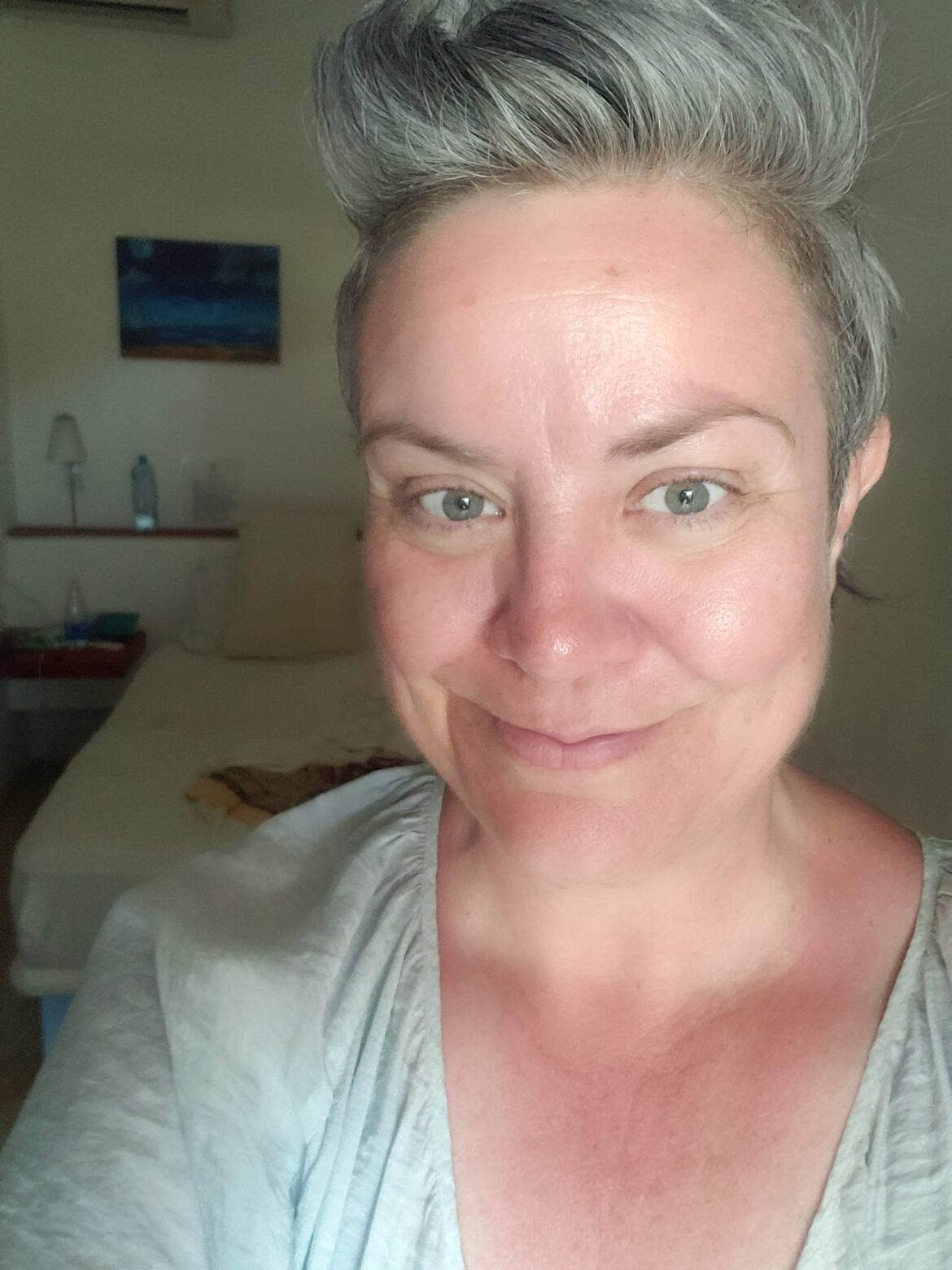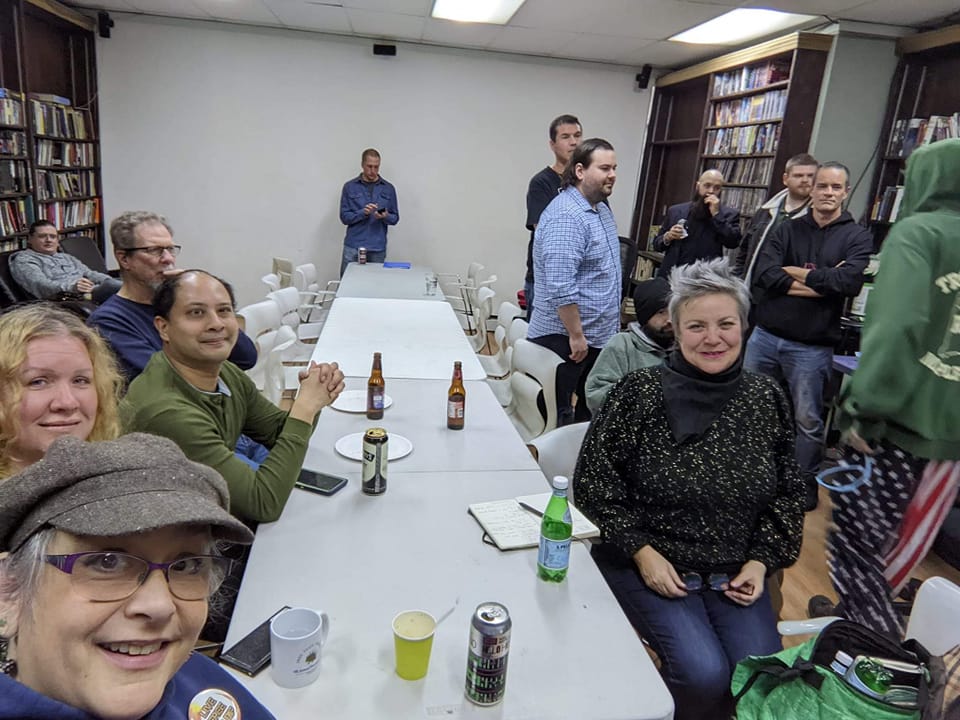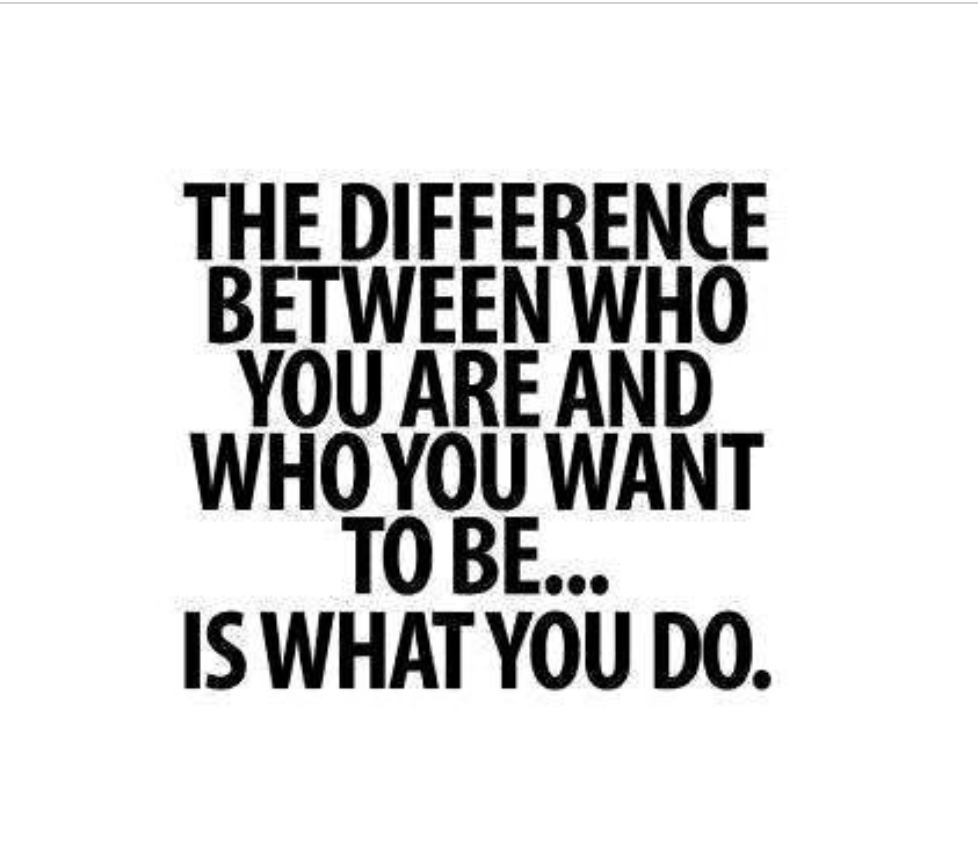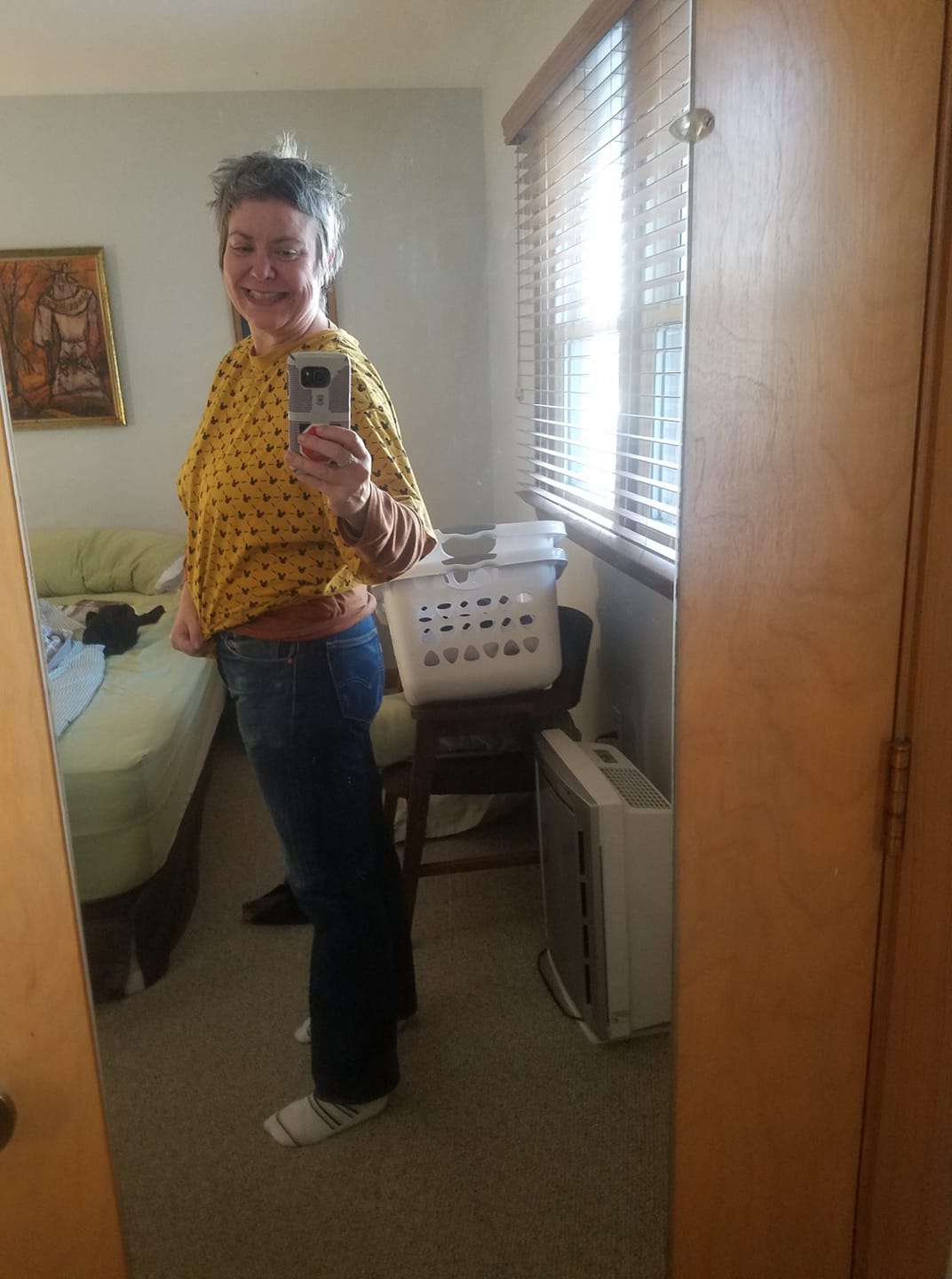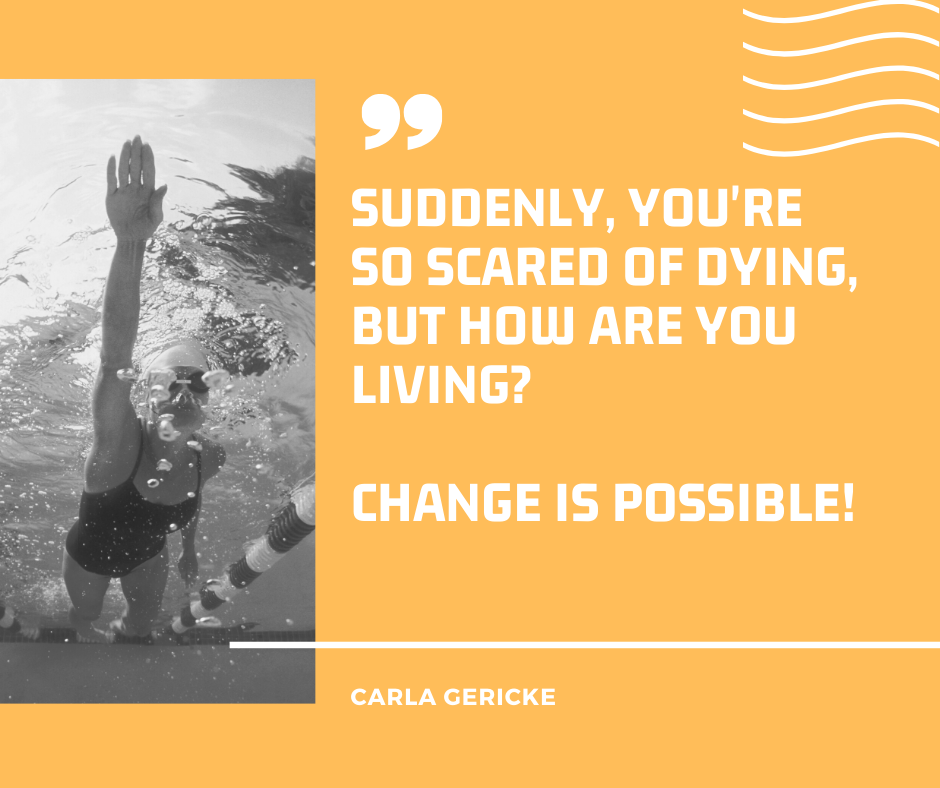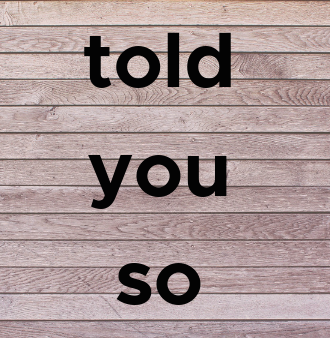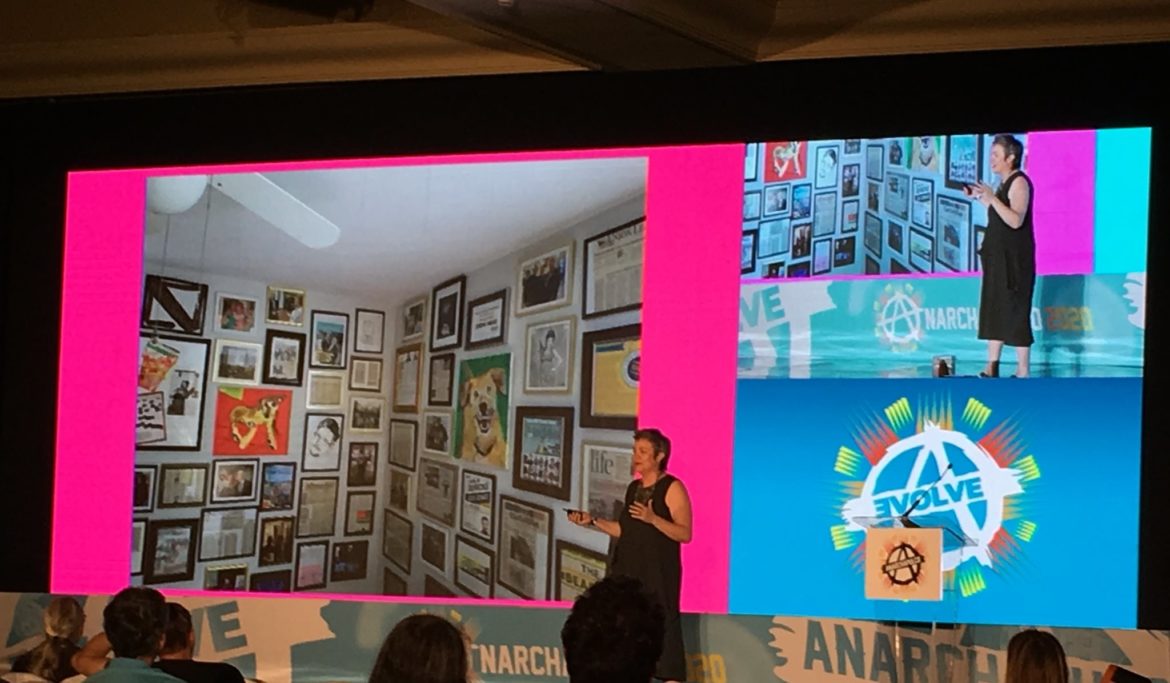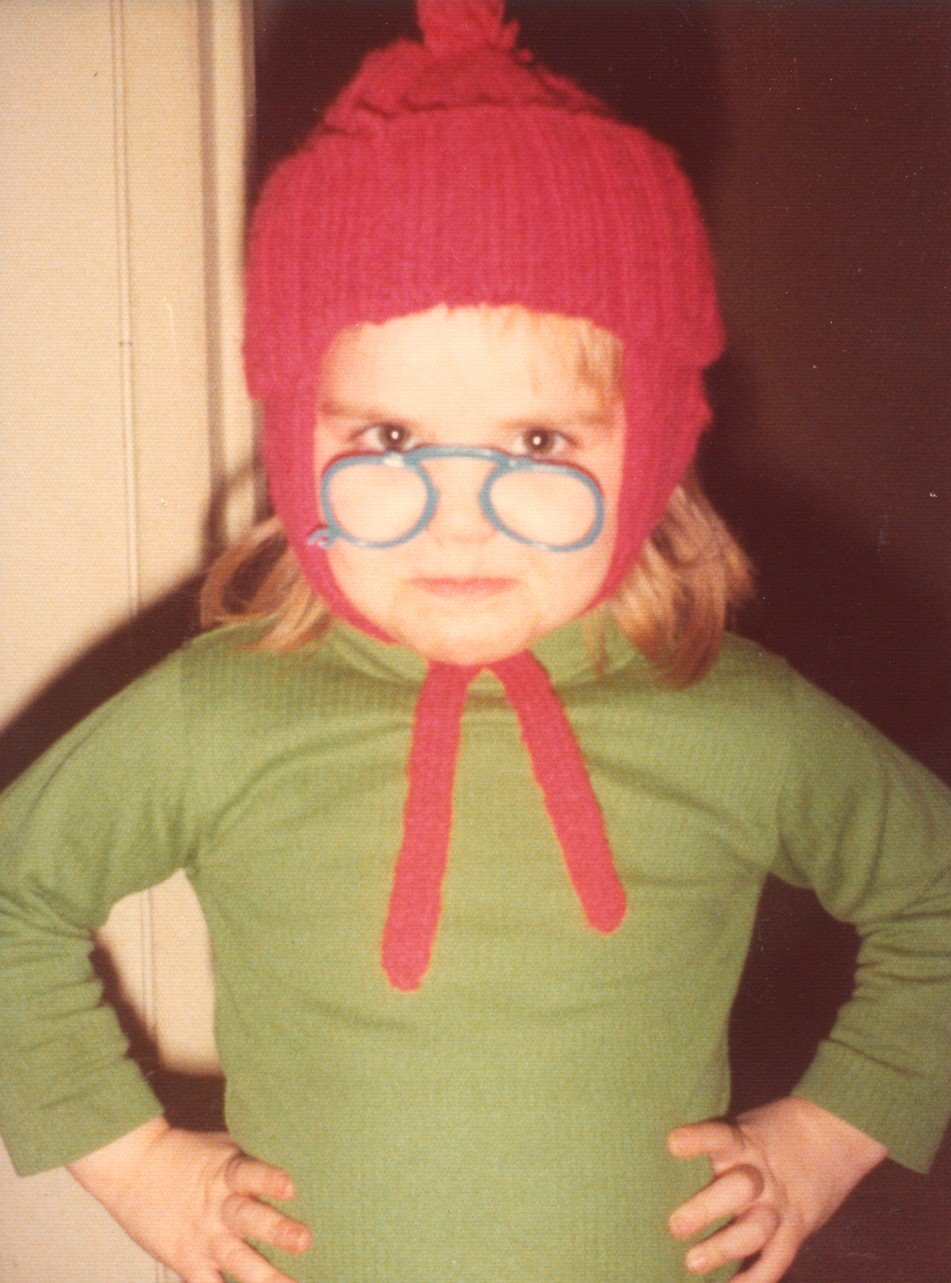I turn 52 today! As I sit in the Acapulco Airport waiting for my flight back to the Free State, I’m thinking about, well, the screaming brat yelling I WANT TO GO PEE-PEE, but as I channel my inner calm here lol, I’m thinking about how fortunate I am.
I have an amazing, loving husband, Louis Calitz. I have incredible friends who adore me. I have a high-energy dog, Obi, who keeps me fit, and my imaginary backyard dinosaurs have started laying again. I cherish the house we bought that we’re slowly renovating, the place that gave me the roots I needed to heal.
I choose to live in the world’s only libertarian homeland, in a community thousands and thousands strong, who have my back and I have theirs. Live free and thrive!
I am grateful for my life and everything I have accomplished to date. But I also yearn for more… More travel, more adventure, more discovery of myself and the world at this unique time in history.
I seek more success as a writer, artist, and teacher.
This Anarchapulco reminded me I need to keep pushing myself to new heights, in uncomfortable directions, and never give up on becoming my true self.
This starts with integrity to self, making sure your thoughts and actions are aligned. It means having hard conversations. Acknowledging faults and figuring out how to do better next time. Celebrating successes and striving for more!
I am proud of the woman I have become. I can’t wait to see what I do in the next 52 years!
Thank you for all the birthday wishes. I love you all! ![]()
